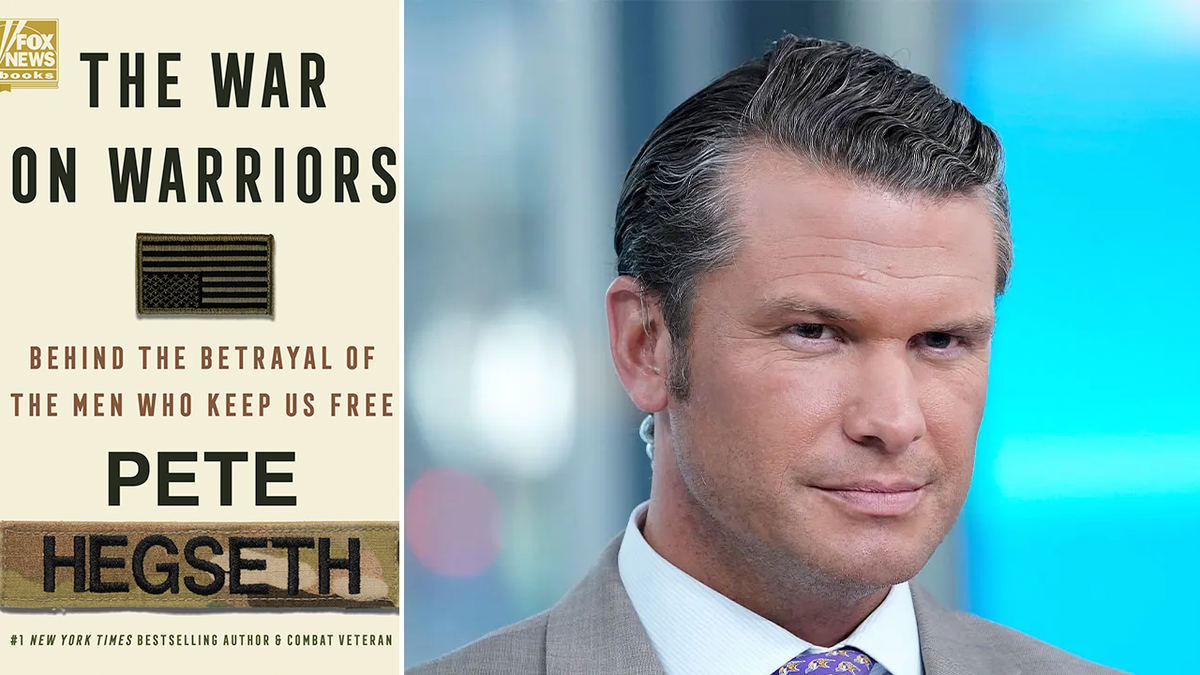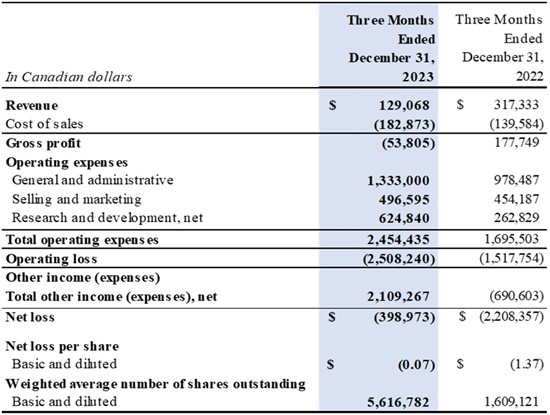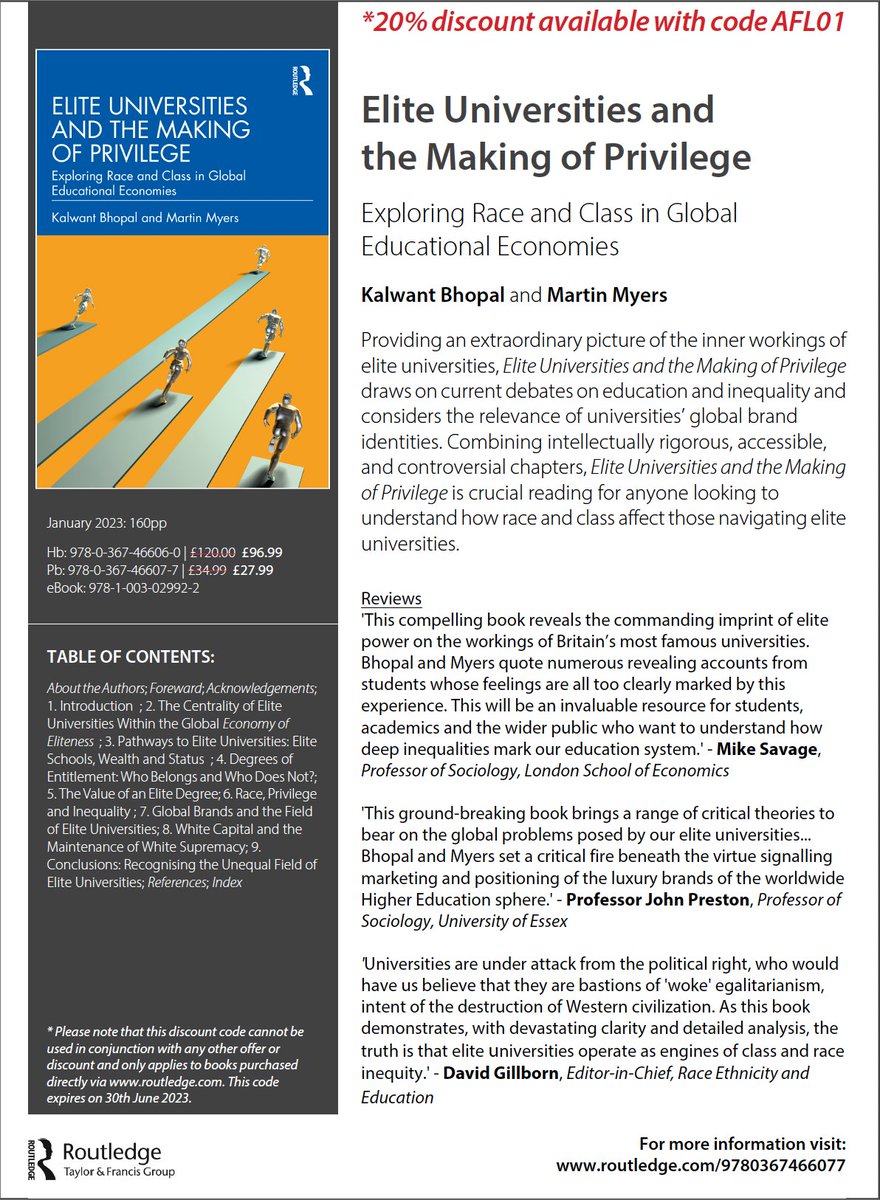Economic Outlook: Trump's Stance On Keeping Fed Chair Powell

Table of Contents
The Significance of the Federal Reserve Chair
The Federal Reserve Chair, as head of the Federal Reserve System (the Fed), holds immense sway over the US economy. This powerful position dictates monetary policy, impacting everything from interest rates to inflation and employment. The Fed Chair's decisions ripple across the globe, influencing international markets and shaping the economic destiny of millions.
- Setting interest rates: The Fed Chair's decisions on interest rates directly influence borrowing costs for individuals, businesses, and the government. Lower rates stimulate borrowing and economic activity, while higher rates curb inflation but can slow growth.
- Supervising banks: The Fed plays a critical role in overseeing the stability of the US banking system, preventing financial crises and ensuring the soundness of the financial sector.
- Managing inflation: Controlling inflation is a primary mandate of the Fed. The Chair's actions aim to maintain price stability, preventing runaway inflation that erodes purchasing power.
- Impact on employment: Monetary policy decisions directly impact employment levels. Stimulative policies can boost employment, while restrictive policies might lead to job losses.
- Influence on the stock market: The Fed Chair's pronouncements and policy decisions significantly impact investor sentiment and the performance of the stock market.
Political independence is crucial for the Fed Chair. Maintaining this independence protects the central bank from political pressures that could lead to short-sighted and potentially damaging economic policies. History offers many examples: The actions of Chair Volcker in the 1980s, for instance, successfully curbed high inflation despite significant political resistance, ultimately benefiting the long-term economic health of the US.
Trump's Stance and its Rationale
During his presidency, Donald Trump frequently expressed his dissatisfaction with Jerome Powell's leadership of the Federal Reserve. He publicly criticized Powell's interest rate hikes, arguing that they hampered economic growth. Trump's preference was for lower interest rates to stimulate the economy and boost his administration's economic achievements.
Trump's rationale stemmed from a belief that higher interest rates, while aimed at controlling inflation, were slowing down the economic expansion he championed. He often voiced his frustration through tweets and public statements, directly pressuring the Fed to adopt a more accommodative monetary policy. For example, [insert a relevant quote from Trump regarding Powell and interest rates, citing the news source]. This direct public pressure was highly unusual and raised concerns about the potential erosion of the Fed's independence.
Economic Implications of Keeping Powell
Retaining Jerome Powell as Fed Chair offered a degree of stability and predictability in monetary policy. This continuity provided a sense of reassurance to investors and businesses, fostering confidence in the long-term economic outlook.
- Maintaining stability and predictability: Powell's continued leadership offered a degree of continuity, reducing uncertainty in the financial markets.
- Potential impact on inflation and employment: Powell’s approach to inflation and employment aimed for a balance, seeking to maintain stable prices while promoting sustainable job growth.
- Effects on the stock market and investor confidence: His policies, while sometimes criticized, generally aimed to avoid abrupt shifts, creating a more stable environment for investments.
- Long-term economic growth projections: Maintaining a consistent approach under Powell’s leadership provided a clearer framework for making long-term economic projections.
However, keeping Powell also presented potential risks. The criticism regarding his approach to interest rate hikes, for instance, highlighted potential for disagreements between the executive branch and the central bank.
Alternative Scenarios: Replacing Powell
Replacing Powell would have introduced significant uncertainty and potential market volatility. A new Chair, depending on their economic philosophy and approach to monetary policy, could have implemented significantly different policies.
- Uncertainty and market volatility: A change in leadership would have likely introduced volatility in the financial markets as investors reacted to the uncertainty of a new approach.
- Potential changes in monetary policy direction: A new chair could have shifted the Fed’s focus, potentially leading to higher or lower interest rates, impacting inflation, employment, and economic growth.
- Impact on international relations and investor trust: Replacing Powell could have undermined confidence in the US’s economic stability in the eyes of global investors.
The characteristics of potential replacements and their approaches to monetary policy would have been crucial factors in determining the economic consequences.
Long-Term Economic Outlook and Predictions
The long-term economic outlook under either scenario (keeping or replacing Powell) depends on various factors, including global economic conditions, technological advancements, and geopolitical events. Expert opinions diverge, with some forecasting continued moderate growth, while others caution against potential risks such as rising inflation or global economic downturns. [Insert relevant expert opinions and forecasts, citing the source]. Geopolitical events, such as trade wars or international conflicts, can also significantly impact the US economy, adding to the uncertainty. Trump's decision, therefore, played a critical role in shaping the economic trajectory, influencing investor confidence and the overall economic health of the United States.
Conclusion: Economic Outlook: The Trump-Powell Dynamic and its Future
Trump's decision regarding Jerome Powell's continued tenure as Fed Chair had significant ramifications for the US economic outlook. While keeping Powell provided stability and predictability, it also highlighted the inherent tension between the executive branch and the independent central bank. Replacing him would have introduced substantial uncertainty and market volatility. The near-future economic climate will depend on various interacting factors, including the Fed's ongoing approach to monetary policy, global economic conditions, and geopolitical events. To stay informed about this crucial topic, continue researching the “economic outlook 2024,” “Federal Reserve policy,” “Trump's economic legacy,” and “Jerome Powell's impact.” Understanding these factors is key to navigating the evolving economic landscape.

Featured Posts
-
 Blue Origin Scraps Rocket Launch Due To Subsystem Issue
Apr 24, 2025
Blue Origin Scraps Rocket Launch Due To Subsystem Issue
Apr 24, 2025 -
 Us Dollar Rally Trumps Retracted Comments On Powell Fuel Currency Strength
Apr 24, 2025
Us Dollar Rally Trumps Retracted Comments On Powell Fuel Currency Strength
Apr 24, 2025 -
 Hegseths Actions Aligning With Trump Despite Signal App Debate
Apr 24, 2025
Hegseths Actions Aligning With Trump Despite Signal App Debate
Apr 24, 2025 -
 Teslas Q1 2024 Financial Results 71 Net Income Decline Explained
Apr 24, 2025
Teslas Q1 2024 Financial Results 71 Net Income Decline Explained
Apr 24, 2025 -
 Funding The Future How Elite Universities Are Responding To Political Challenges
Apr 24, 2025
Funding The Future How Elite Universities Are Responding To Political Challenges
Apr 24, 2025
